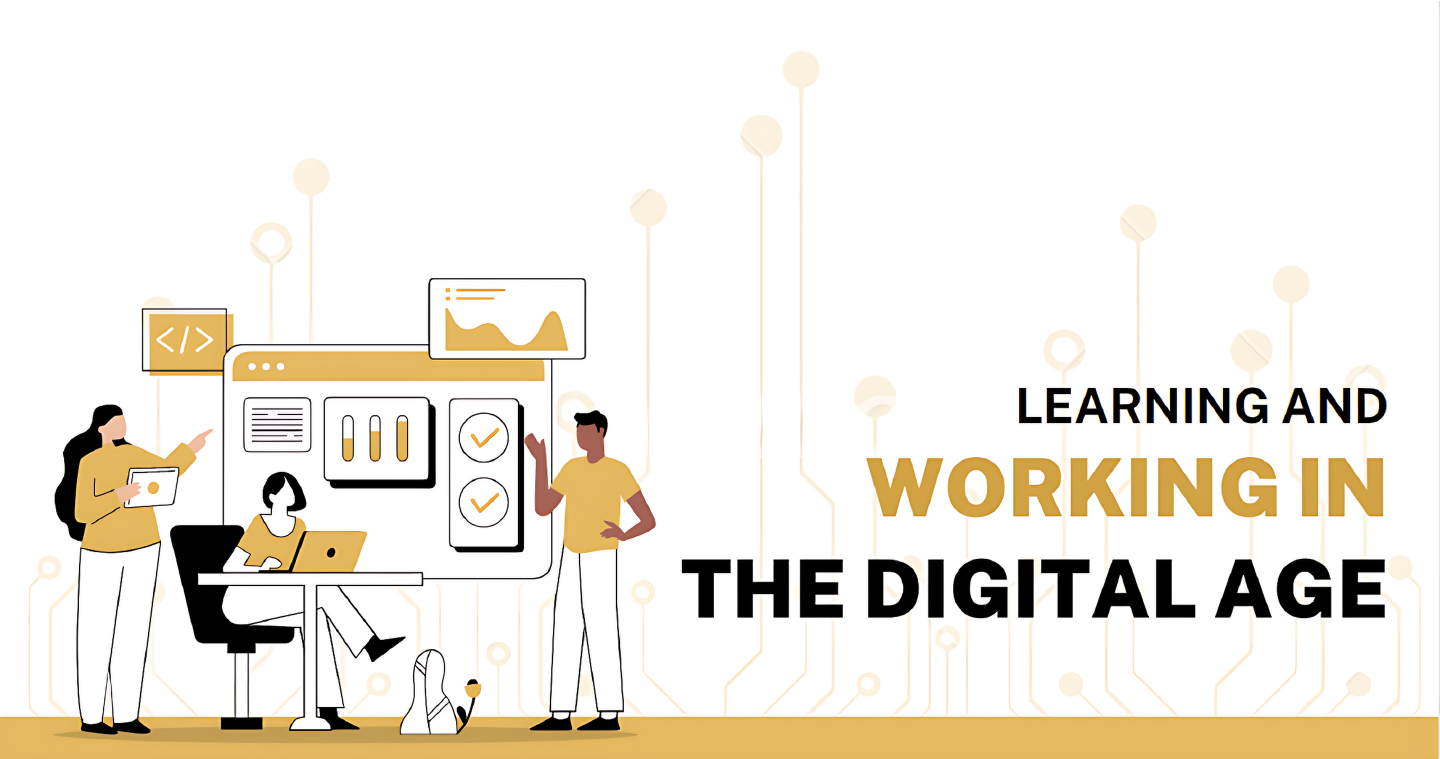big day arrives.If you know how to prepare for a job interview, you are more likely to arrive informed, relaxed, and ready to let your gorgeous personality shine through. Read on here to understand how the Career Centre breaks down your interview preparation into five easy steps.
1. Increases in Productivity
Recent studies have demonstrated that full time remote workers are, on average, more productive than their office-based counterparts.
According to Forbes, 29% of remote workers reported being more productive when working from home, and 23% reported working longer hours. Additionally, remote workers save time by not having to commute to work, which means this time can be redirected to tasks.
Reducing travel time can be hugely beneficial for those who study, and having access to learning materials 24/7 adds another layer of convenience and more time to focus on learning activities. While not all learning institutions offer this kind of flexibility, a few were operating this way long before the pandemic.
These learning academies have robust systems in place for adult online learners; in particular, every effort is made to ensure that a remote approach reaps the rewards in terms of increased productivity.
With greater flexibility in scheduling, the ability to engage in distance learning or work from any location that suits you – and choose your hours – can also help to balance work and personal obligations. This type of flexibility, Forbes reports, is one of the top reasons people choose to work remotely.
2. Blurred Lines
While increased flexibility is one advantage of remote work, it can also make it harder for workers to switch off during breaks or across the weekend. With no clear distinction between home and office, remote workers may end up working longer than they should.
Remote workers may also feel isolated and lonely, which could spell widespread increases in trouble with mental health and well-being. Furthermore, reducing human interaction can lead to a lack of collaboration and innovation, which can throttle creativity and teamwork.
So while there is certainly a significant financial incentive for companies to maintain an off-site workforce – especially those in industries that require ample office space while remote work can reduce operational costs for companies, it may be better for business in the long run if on-site teamwork and collaboration are still an option.
When it comes to lifelong learning, the students that excel will likely have access to excellent tutor support and free use of an online learning platform that connects students studying the same subjects in a safe online space where discussion and collaboration are facilitated and encouraged.
3. Reduction in Carbon Footprint
Transportation is one of the largest producers of greenhouse gases, so there is excellent news for the planet regarding the turn to remote engagement across study and employment.
According to Forbes Magazine, remote work reduces employees’ carbon footprint by reducing their daily commutes. Research from Spain’s Institut de Ciència i Tecnologia Ambientals suggested that by staying home, the global population has actually significantly impacted air quality, reducing nitrogen dioxide emissions by a whopping ten percent!
Students who can save time and money by choosing 100% online courses will feel the benefits financially and with time saved. Leaving a vehicle parked up all week or not using a travel pass for days at a time soon adds up to an easier spend across the week.
4. Increased Dependence on Technology
Remote workers rely heavily on technology to carry out their duties each day. However, technology can be unreliable and prone to technical difficulties and errors, which can be disastrous in some cases.
Remote workers may struggle with computer skills, IT support and cybersecurity, so it pays to have contingency plans and a robust system that can offset issues like vulnerable networks, webcam hacking and phishing attacks.
When it comes to students working exclusively online, it pays to look for a course provided by a learning platform that was already online before the rush and roar of the pandemic hit.
These adult online learning opportunities are likely to have already worked out the kinks when it comes to operating community education remotely, so there will be less chance of you running into technology or security issues as you study on your personal computer.
5. Outcomes
The swing to remote study and work has significantly impacted the education and employment landscape. While it has brought several positive outcomes, it has also brought its share of challenges.
Institutions and companies must carefully balance the pros and cons of remote study and work to ensure that people can thrive if they make the shift to 100% online learning or begin to work exclusively from home.
The real takeaway here is for the student population, where it appears the best remote study options are those which were in place before a panicked turn to online learning occurred without the benefit of forethought or planning.
The best advice is to connect with 100% online learning academies with a longer history than those education providers forced to scramble to adhere in early 2020.
